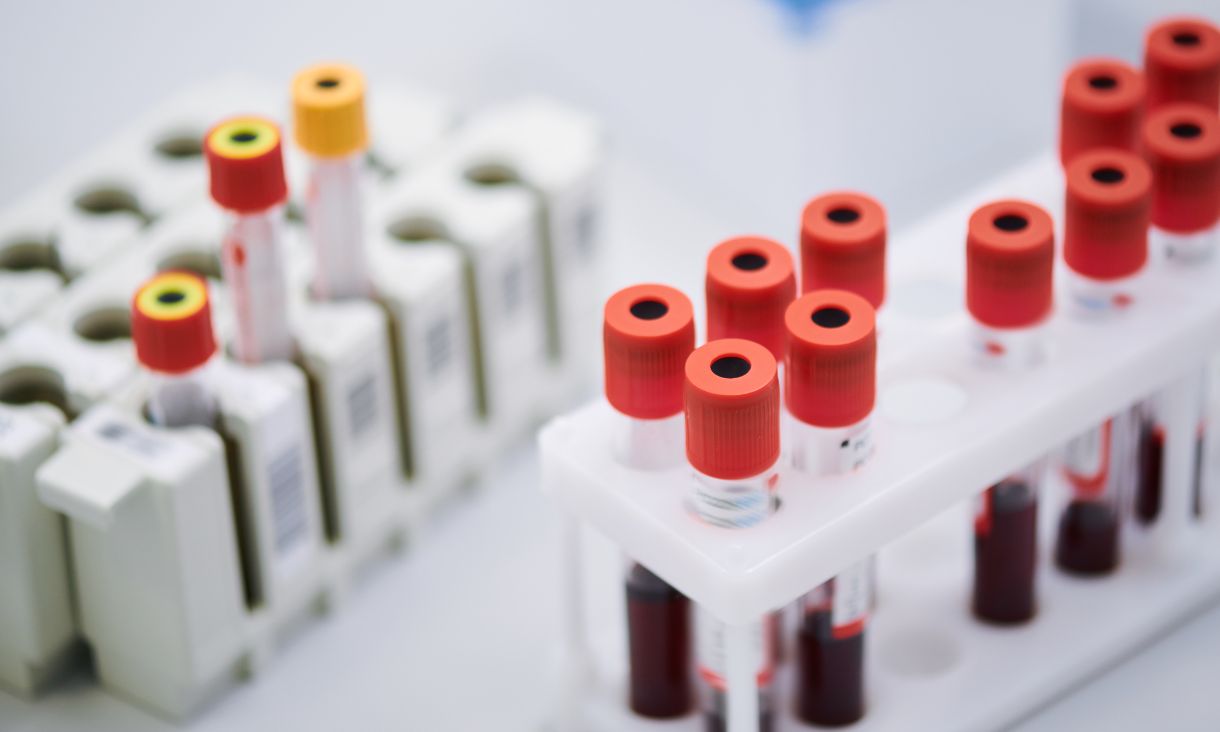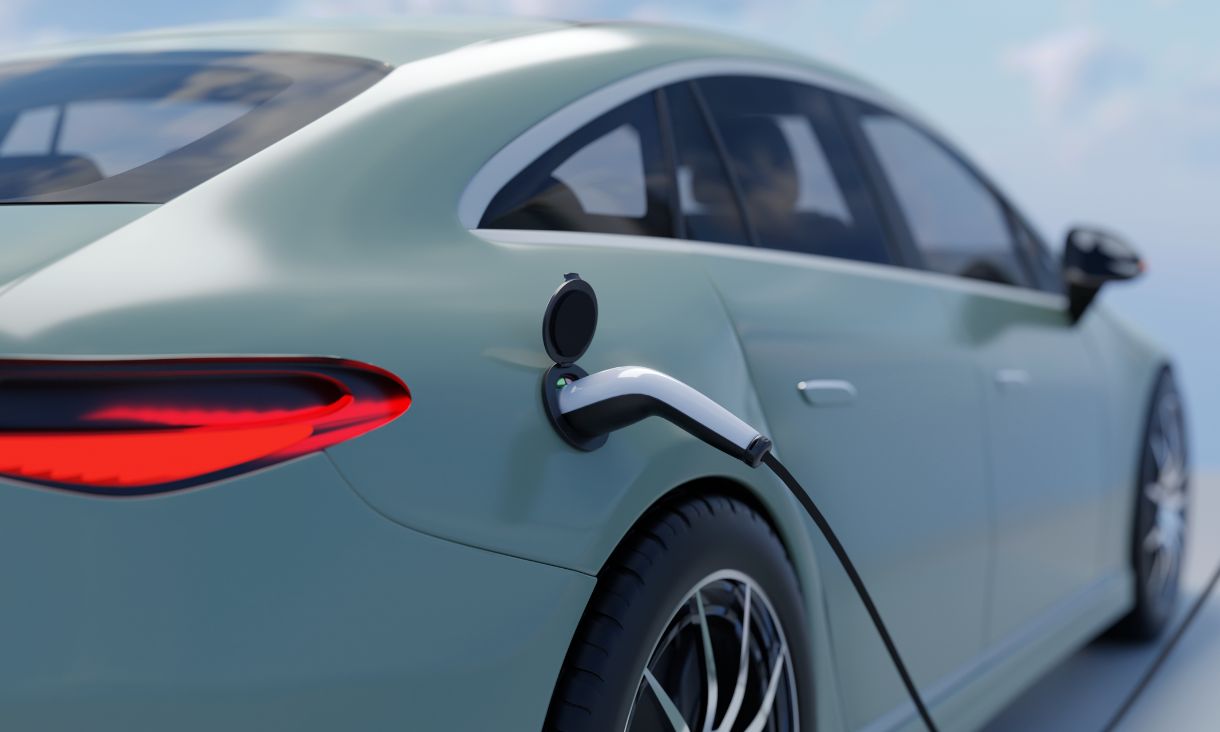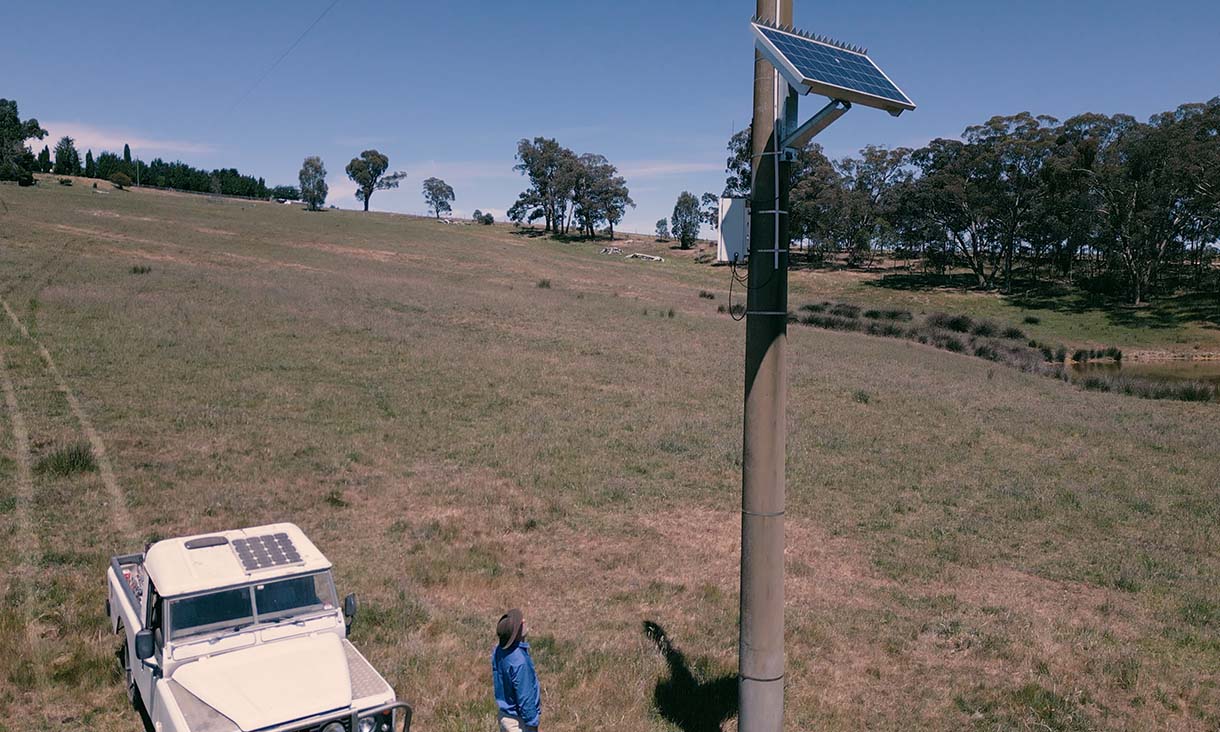Silicon spikes take out 96% of virus particles
An international research team led by RMIT University has designed and manufactured a virus-killing surface that could help control disease spread in hospitals, labs and other high-risk environments.
Aussie invention predicts power line faults that can cause bushfires
An early fault detection (EFD) system designed at RMIT University is helping to prevent bushfires and blackouts in North America, Europe and Australia.
More than 1/3 illicit drugs sold on the dark web contain unexpected substances
Testing of illicit drugs bought online found 35% were not what they said they were, highlighting the urgent need for more local drug testing facilities in Australia to prevent harm and overdose.
RMIT collaborating with industry to deliver life-changing outcomes
RMIT will collaborate with six small-to-medium enterprises and consortiums to help solve health, social and environmental issues, thanks to the latest round of grants given under the Federal Government’s Cooperative Research Centres Projects Grants (CRC-P) scheme.





